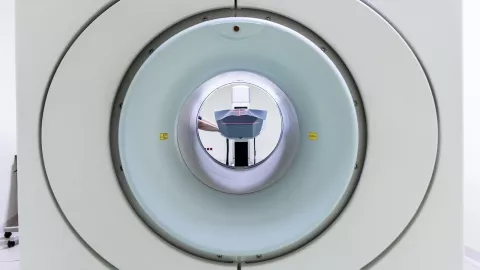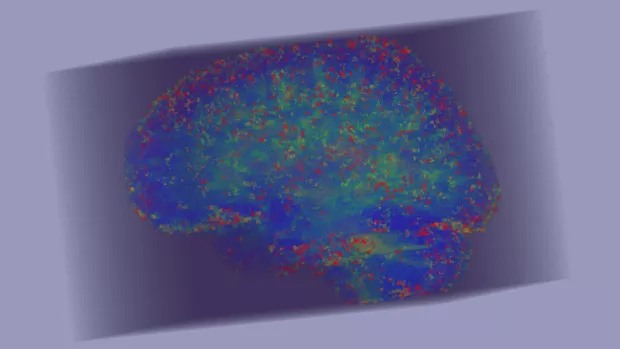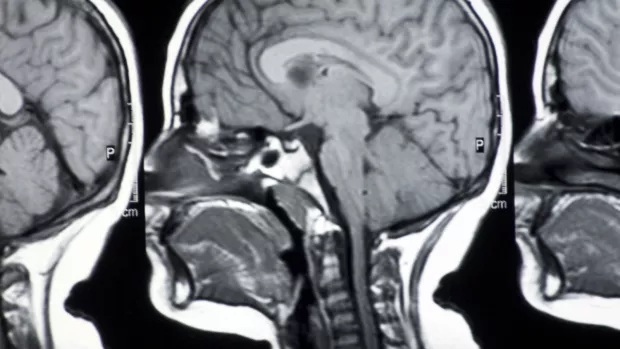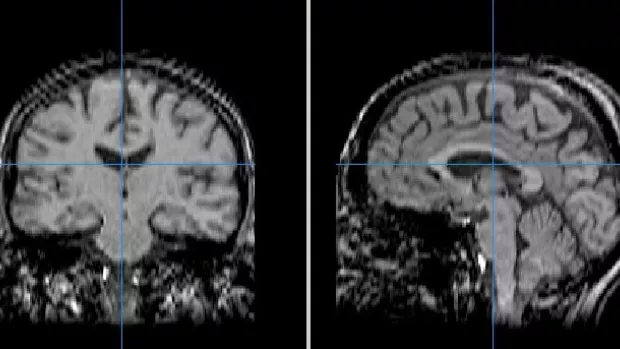
Advanced MRI techniques may provide clues to how MS will progress
Researchers have shown new MRI techniques can detect previously unseen changes in the brains of people with early MS. Identifying these changes at an early stage may lead to more accurate predictions about how your MS will develop.
MRI scans are routinely used to diagnose and monitor MS, by highlighting areas of myelin damage. But these scans don’t pick up everything happening in the brains of people with MS. We know other changes take place because we can see the evidence in brain tissue donated by people with MS after their death.
The new research was published in the journal Brain by researchers from University College London. They showed a new approach, combining advanced MRI techniques, can detect some of these changes in people recently diagnosed with MS.
A link between MRI changes and disability
The team observed 42 people who had all experienced their first MS symptoms within the previous three months. They compared them to people without MS.
The researchers found that people with MS showed changes in the sodium concentration in nerves as well as to the structure of nerves at a microscopic level.
Interestingly, they also saw a link between the degree to which these changes were evident and subtle signs of clinical disability, like a slower walking gait. The same link wasn’t there when they looked at conventional MRI scans.
Dr Sara Collorone, who led the the study, said: “MRI plays a vital role in how we diagnose MS and monitor it throughout someone’s life, and that has been the case for decades. But traditional techniques don’t tell us the whole story.
This development is exciting because these new techniques go way beyond what we can do with conventional MRI, allowing us to see damage and alterations in brain tissue that we haven’t seen before.”
Predicting how your MS will develop
The researchers now plan to follow people with MS over time, and see whether there’s a link between the presence of these changes in someone’s brain and how their MS develops.
Dr Emma Gray, Assistant Director of Research at the MS Society, said: “MS is incredibly unpredictable, and giving people greater certainty about their future is one of our top organisational goals. We’re really proud to have funded this research, which could help provide that certainty.
“If the changes can predict later disability this will be a game-changer for how the condition is managed, how future clinical trials are run, and eventually give people with MS the information they need to plan for their future.”




